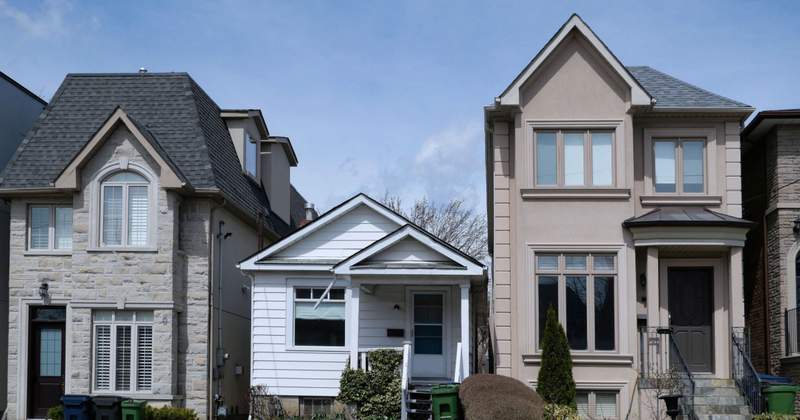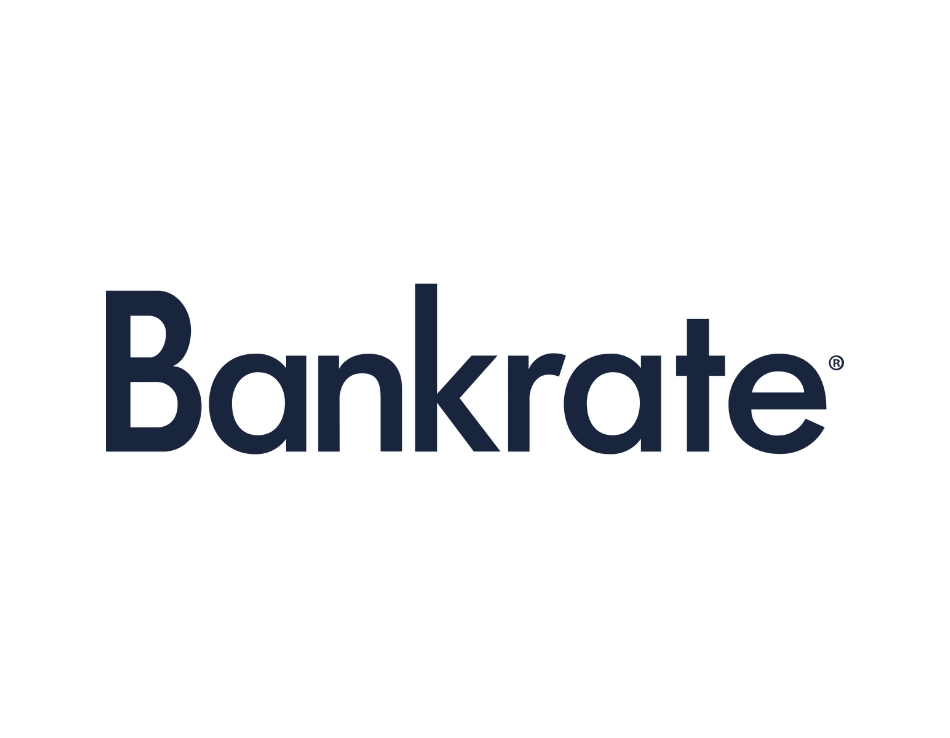Is there a difference between the right house for your current situation versus your ideal home for life?
There’s usually a big difference for most buyers, and it’s a good idea to consider both options carefully.
When deciding between a starter and a forever home, there’s a lot to think about beyond your budget. This quick breakdown can help you get started:
What are the main differences between a starter home and a forever home?
Starter Homes:
- Have lower upfront costs. This means lower mortgage payments, but refers to upkeep and utilities costs as well.
- Require compromise. If you divide the features you’re looking for between “must have” and “would be nice,” a starter home lacks most “would be nice” features.
- Need less commitment. It’s easier to sell the home in less than 10 years should you need to.
- Are a stepping stone. They can be renovated to grow with you, become a rental property, or be sold to help finance a new home later.
Forever Homes:
- Cost more. You can expect higher home prices, mortgage payments and monthly living expenses.
- Check all your boxes. The home should have the features and space you’ll need long term.
- Are high-commitment. Selling in less than 10 years is more likely to result in financial losses, which can be limiting.
- Let you establish yourself. You’ll have more time to gain equity and plant firm roots in your community.
When is considering both options important?
Exploring both options is especially important if:
- You haven’t lived in the area for at least a year. You might want to remain flexible while you familiarize yourself.
- You’re at your budget’s limit. Could you comfortably cover your expenses for a few months if something disrupted your income? If you aren’t certain, a starter home might be worth exploring.
- Your future plans aren’t set in stone. Having a consistent vision of the future is important so you don’t end up paying for amenities and space you don’t need.
Still not sure what to do? Let’s discuss your thoughts and questions together.









